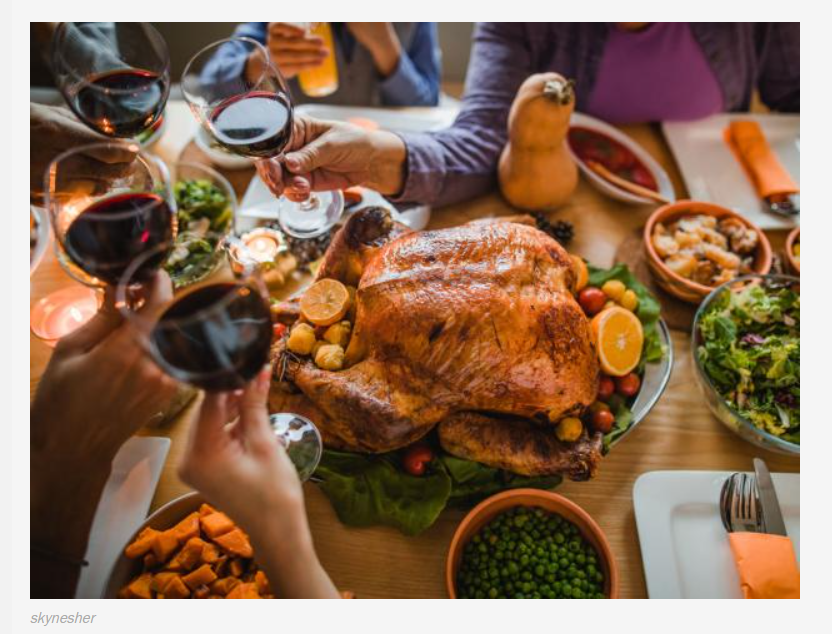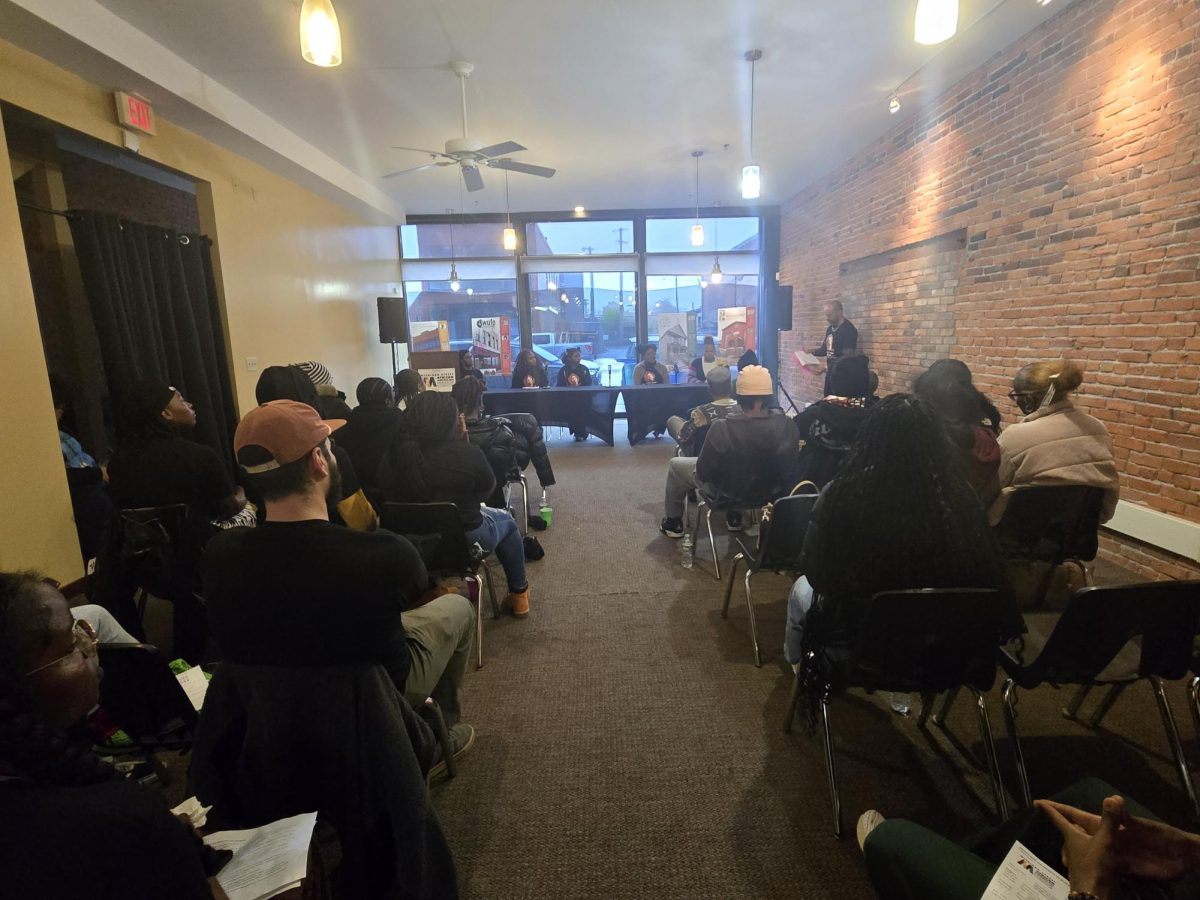The true meaning of Thanksgiving
November 24, 2021
Thanksgiving is a time where friends and family get together and reflect on what they appreciate most, but what exactly is the historical background of this holiday?
Lisa Marie Anselmi, an archaeologist and department chair of anthropology at SUNY Buffalo State College, describes Thanksgiving as predominantly “a constructed American myth or narrative,” which all began in 1621 Plymouth, Massachusetts with the Pilgrims hosting a Harvest Festival.
“They feasted in such a way that they were firing off their guns and cannon, so they have imbibed a bit too much alcoholic beverage,” she said.
The sounds of the gunshots piqued the curiosity of the Wampanoag warriors, who “entered into a tentative alliance” with the English and went to see if they needed their assistance.
What resulted was a three-day feast and the Wampanoag warriors brought foodstuff like venison.
Anselmi says that there are two primary sources about the “so-called first Thanksgiving,” but in reality, it was not celebrated as a holiday until it was recognized by our sixteenth president in 1863.
“He does that because he is trying to unify a country in the midst of the Civil War,” she said.
However, not everyone celebrates Thanksgiving traditionally.
Otisha James, a student majoring in journalism and minoring in political science at SUNY Buffalo State College from Guyana, says that she doesn’t celebrate because she feels that it’s not as important to her and her family as Americans interpret it.
“Half of my family, like my mom, she’s Amerindian, which are like Indigenous people. They’re natives, so she doesn’t celebrate it at all,” she said. “I’ve never seen it growing up.”
Kashmir Bowser, a student majoring in anthropology and minoring in Indigenous studies, says that she doesn’t celebrate the traditional holiday.
Rather, Bowser, who is gayogo̱hó꞉nǫ’ of the Six Nations of Grand River, uses it as a time for family, cooking and taking advantage of the day off.
“Me and my spouse, we usually host dinner at our house, and my sister and parents will come,” she said. “It’s a time for us to be together, and to enjoy spending time together as a family for a couple hours a day.”
Whether Thanksgiving is celebrated or not, we all know that it’s really the food that brings people together.
Bowser said that she makes corn soup, a Haudenosaunee traditional meal made with a type of salty meat, hominy and kidney beans.
“My family uses salt pork, but other families will use ham,” she said. “There’s different variations, but that’s a meal that my grandmother’s grandmothers have made.”
James says that although she doesn’t celebrate Thanksgiving, Christmas in Guyana is a big celebration, and one favorite dish of hers is pepper pot.
“It takes about two days to make it because you have to let it simmer down. It consists of several different meats, spices, and all natural stuff that comes from our country,” she said.
If you do celebrate, why not try skipping the turkey this year and try something new?
Regardless of celebration or not, one piece of advice is certain: use this as a time for a break.
The Record wants know what you are thankful for this year. Let us know in the social media comments!
Curious to know more? Check out the Thanksgiving edition of “Let’s Talk, Buffalo” episode 3 here!
This article is also featured on typeawaycait.blogspot.com.




